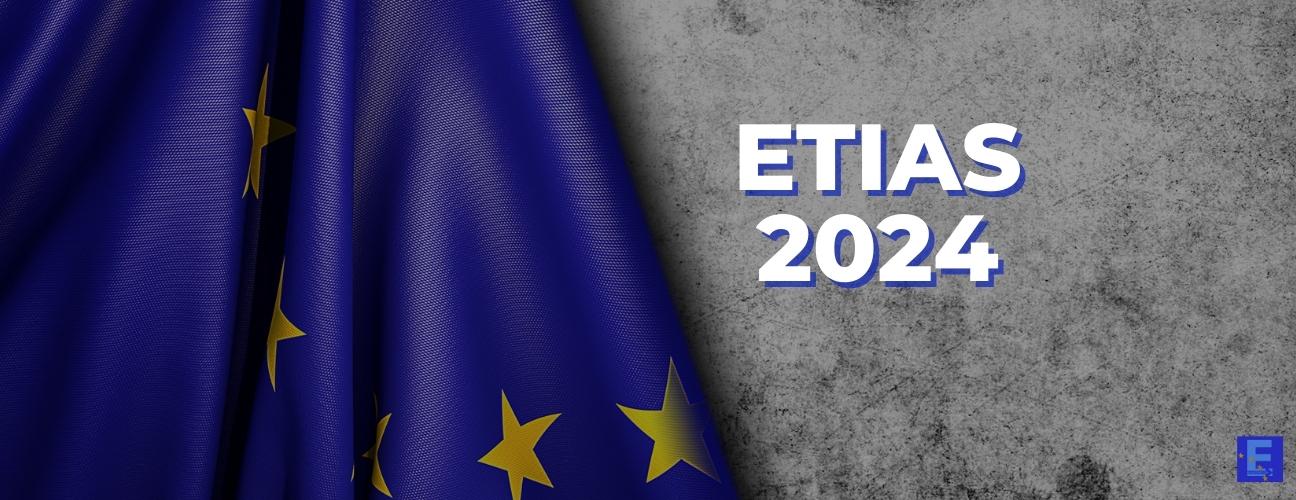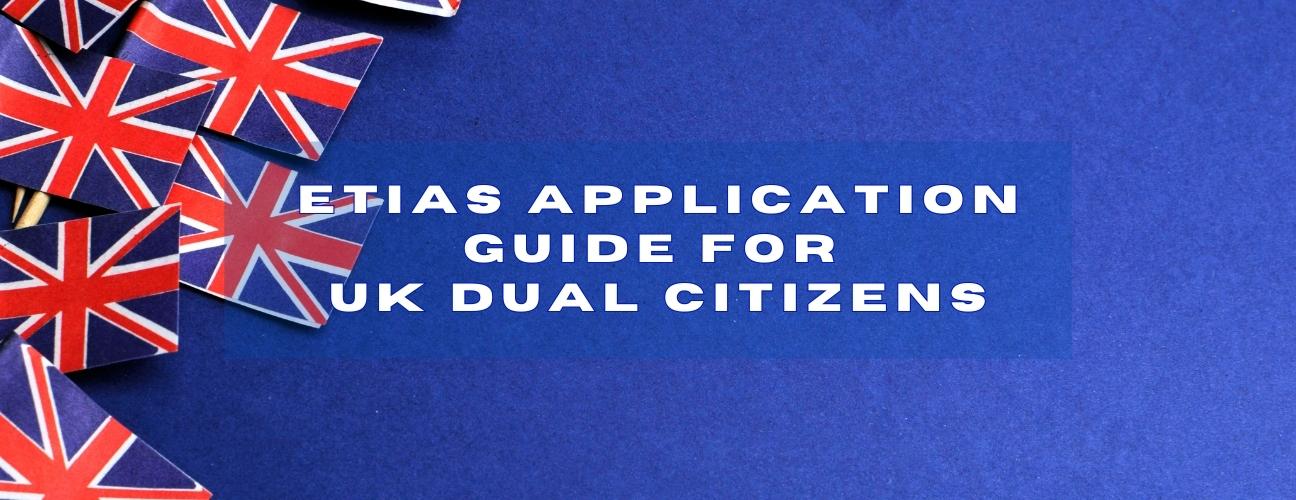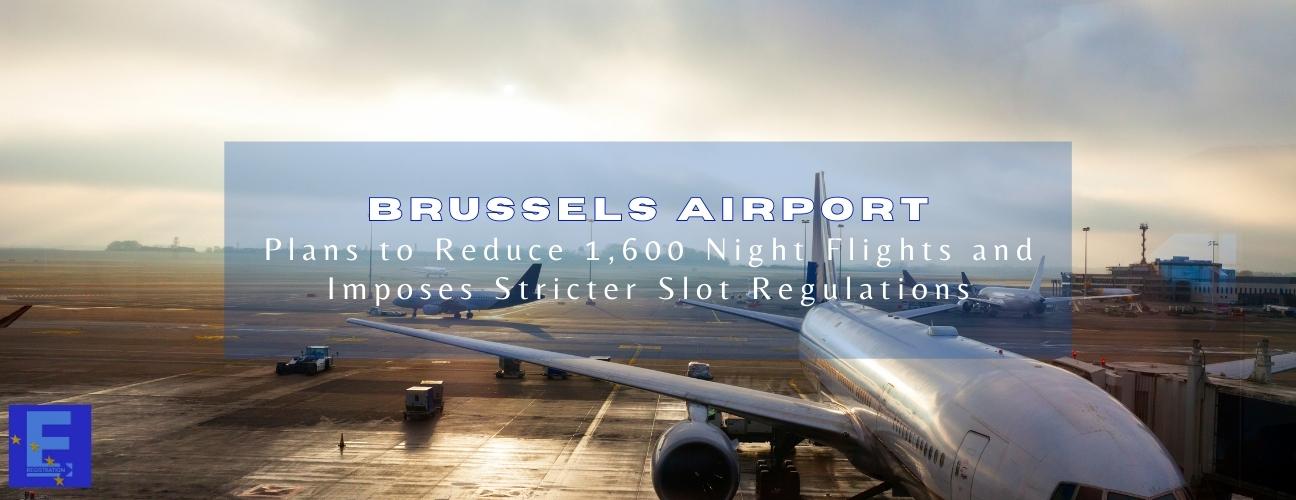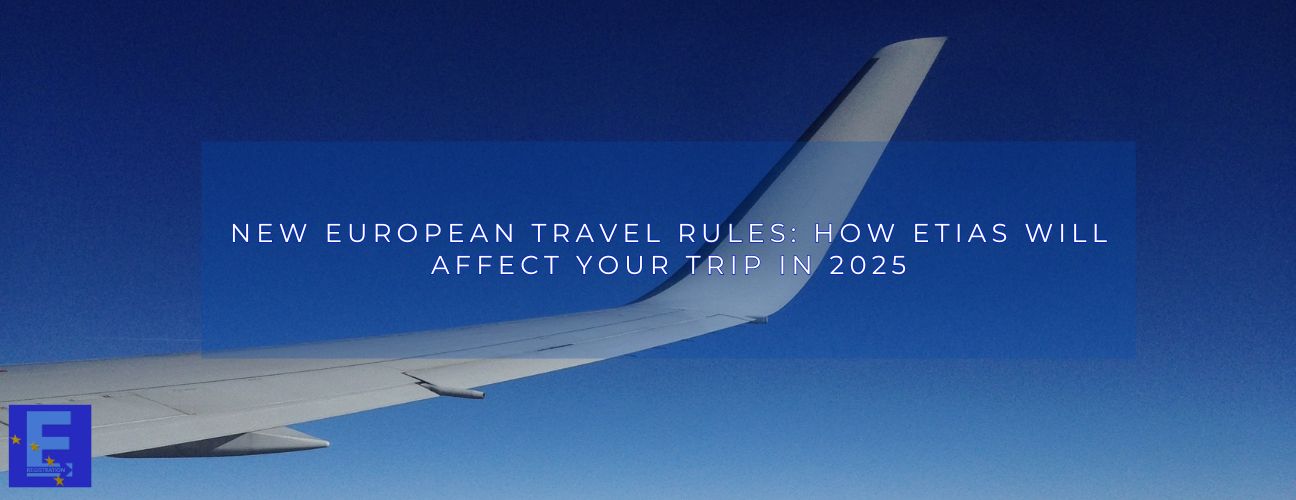In a recent development, the European Travel Information and Authorisation System (ETIAS) launch date has been postponed once again. Originally set to go live by mid-2024, ETIAS's implementation has been pushed back to May 2025, according to reliable sources within the European Union (EU). This latest delay has raised concerns about the readiness of ETIAS and its intricate relationship with the Entry/Exit System (EES), another pivotal border security initiative. In this article, we'll delve into the reasons behind the delay and its potential implications while ensuring unique content and SEO compliance.
ETIAS and EES: A Complex Interplay
The Entry/Exit System (EES) stands as an automated IT system aimed at registering third-country travelers each time they cross an EU external border. Both ETIAS and EES are integral to the EU's overarching border security strategy. While EES can function independently, ETIAS relies on EES for its effective operation. An EU official emphasized that "ETIAS's operation without EES is virtually impossible." This intricate relationship between the two systems has a significant bearing on the timeline for ETIAS.
The Crucial Role of EES for ETIAS
Anitta Hipper, the EU Commission's Spokesperson for Home Affairs, Migration, and Internal Security, has affirmed that ETIAS cannot become effective without the prior implementation of EES. The launch of ETIAS can only occur once EES has been fully operational for a minimum of five to six months. Consequently, any delays in EES implementation directly affect the timeline for ETIAS.
Multiple Confirmations of the Postponement
The postponement of ETIAS has received validation from various sources within the EU and beyond. The French Ministry of Foreign Affairs has confirmed that ETIAS's launch is now scheduled for 2025, though they have not specified an exact date. The Swiss State Secretariat for Migration, however, has gone a step further by indicating that ETIAS may not become operational until May 2025, hinting at the possibility of further delays.
The EU Commission's Directorate-General for Migration and Home Affairs has refrained from providing a precise date for ETIAS implementation, with the expectation that the date will be announced by the end of 2023. This lack of certainty raises concerns about the system's readiness.
EES Implementation Date
In contrast to the uncertainty surrounding ETIAS, the EES implementation date remains fixed at 2024, with the eu-LISA (the European Union Agency for the Operational Management of Large-Scale IT Systems) expected to announce an exact date in the coming months.
Conclusion
The postponement of the European Travel Information and Authorisation System (ETIAS) until May 2025 underscores the complexities and interdependencies inherent in the EU's border security initiatives. ETIAS's reliance on the Entry/Exit System (EES) for effective operation highlights the need for synchronized development and implementation of these systems. As the EU continues to work towards bolstering the security of its external borders, the delay in ETIAS serves as a reminder of the challenges involved in such ambitious endeavors.
For the latest updates on ETIAS and to learn more about the European Travel Information and Authorisation System, visit our website at etiasregistration.co.uk. The coming months will be pivotal in determining whether the revised timeline for ETIAS holds or if further postponements lie ahead. Stay tuned for updates on this evolving situation.
















































